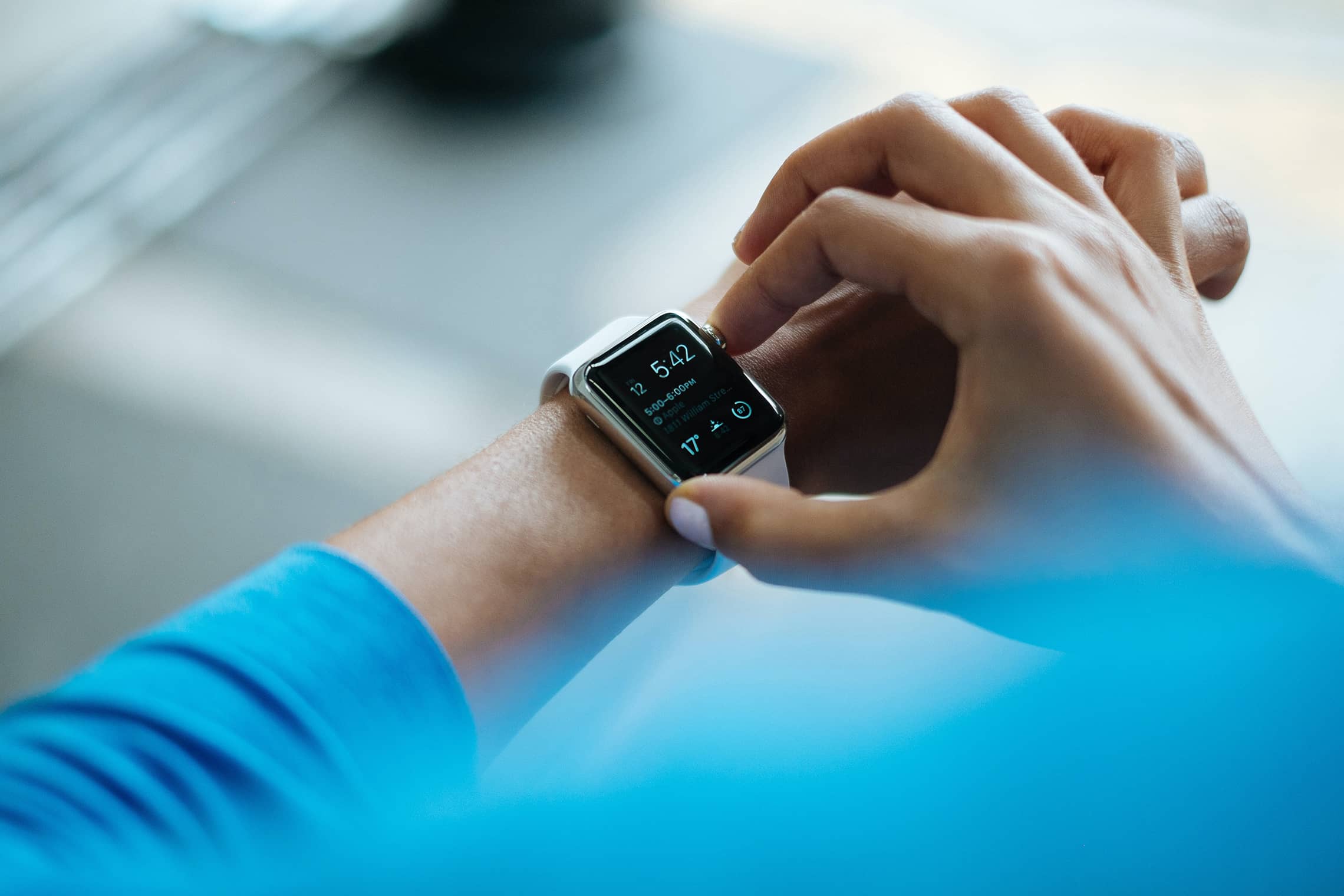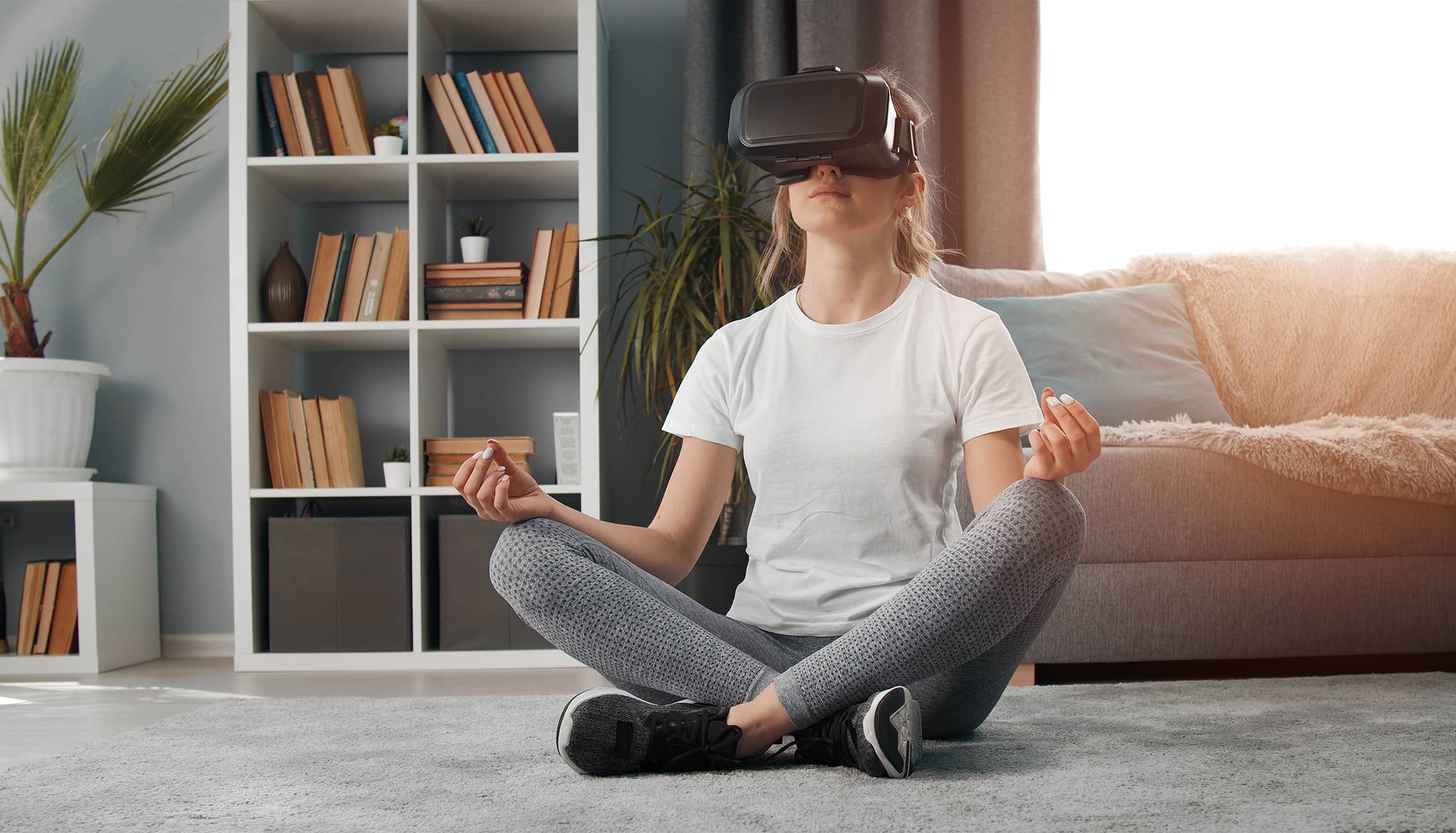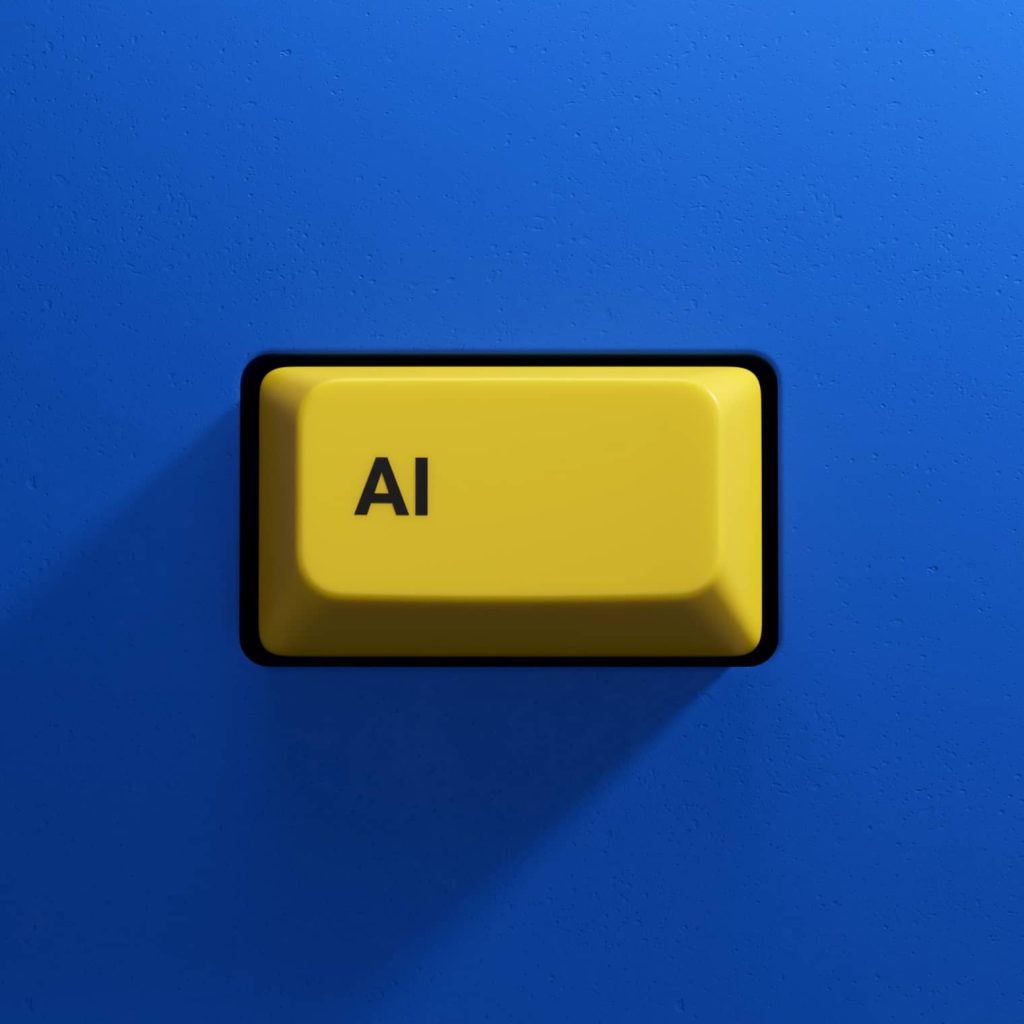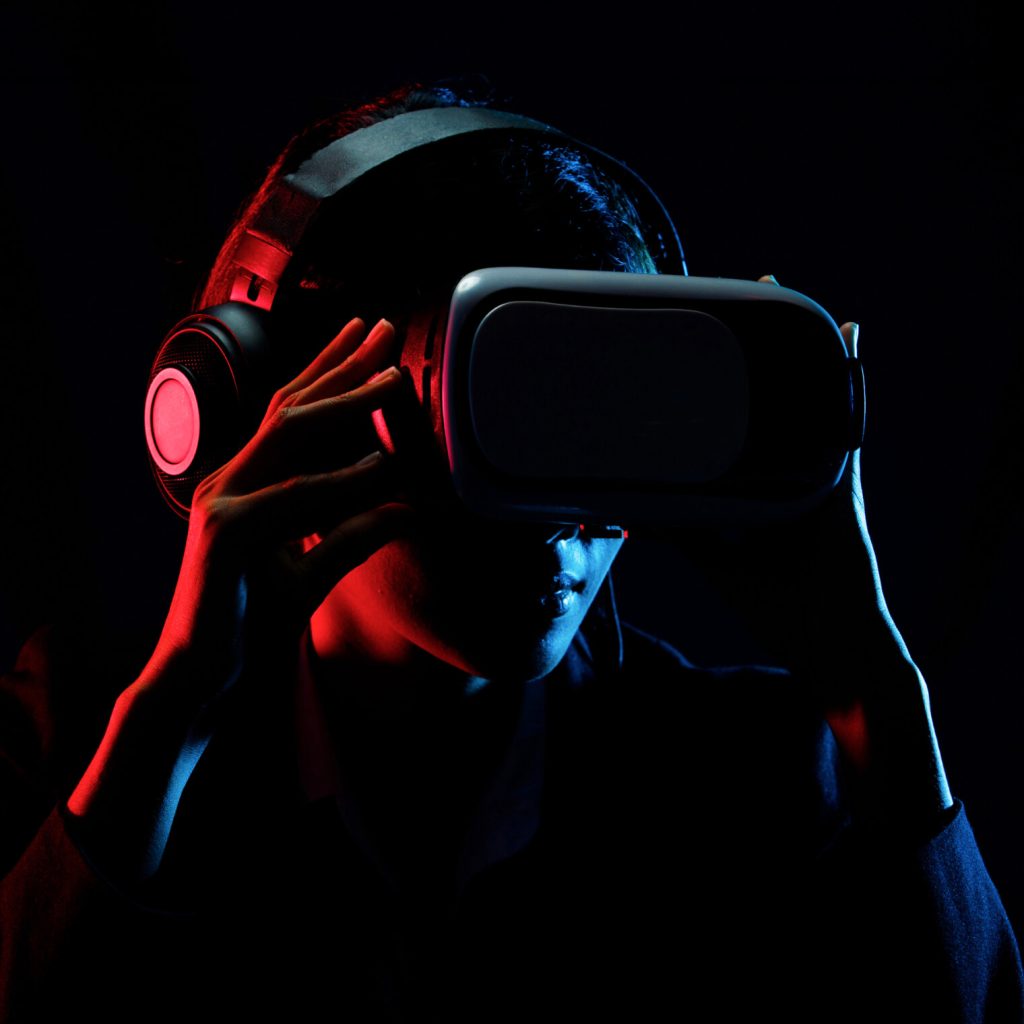According to a recent report by Global Market Insights, the digital health and wellness market was estimated to be worth over USD $106 billion in 2019. And with 2020’s global pandemic expediting the need for digital health technologies, the industry is predicted to grow by a steady 28.5% up to 2026.
The healthcare sector has been innovating since the industrial revolution — earlier, even. But the era of digital transformation is leading to rapid evolution across all facets of health and wellness. So, here’s our snapshot of the digital healthcare trends that are reshaping the medical landscape today.
Apps to prevent chronic disease
Research by the CDC in the U.S. has found that six in 10 adults suffer from at least one chronic disease, with four in 10 dealing with two or more. Chronic diseases, including diabetes, heart disease and cancer, are the leading cause of disability and mortality in the world today, costing the USA over $5,000 per person, annually. That’s around 75% of the country’s annual healthcare fund.
Innovative apps that help users curb the habits associated with chronic disease, such as smoking and alcohol consumption, sleep deprivation, poor diet and lack of exercise, are now big business. In fact, according to a report by ResearchAndMarkets.com, the fitness app market is expected to grow from USD $3,312.58 million in 2019 to USD $13,016.77 million by the end of 2025. The biggest area of growth being the diet and nutrition niche.
Some of the top apps for avoiding harmful behaviours and promoting health-beneficial actions — according to doctors and dieticians — are Runkeeper; which tracks mileage and pace while exercising, Sleepscore; which aims to ease users into healthier sleeping habits and Fitbit; which comes with a watch equipped with heart-rate monitoring, exercise and sleep tracking, and calorie consumption. Then there are a plethora of mindfulness apps in the market which target users' mental wellbeing, with the aim of reducing stress — one of the most significant precursors of chronic disease in the modern world.

Telehealth tech and on-demand healthcare
Telehealth broadly refers to remote solutions which track a patient’s health status and alert their healthcare practitioner to any changes which require attention. The COVID-19 pandemic has caused a radical shift in how we go about our everyday lives, including how we receive — and deliver — healthcare. Doctors’ surgeries and hospitals have had to rethink how they interact with their patients, driving innovations in remote health and wellness tech.
This has the potential to benefit almost everyone but, particularly, those who are elderly/vulnerable and have been shielding during the global outbreak, and people that live in remote areas who aren’t within easy reach of a physician. What’s more, in a world where people are increasingly time poor, being able to access healthcare anytime, from anywhere, is becoming more a real priority for the individual.
Telemedicine software has the capability to provide distant monitoring of things such as pacemakers, as well as enabling the management of ongoing conditions while also being able to integrate with the IT ecosystems of healthcare providers and insurers — thus providing a more holistic patient overview.
TechRadar listed its best telehealth software solutions to include:
- Doxy.me — a simple-to-use platform for enabling virtual GP meetings, which links in with a user’s GP clinic and provides medical professionals with a straightforward patient dashboard.
- AMC Health — a fully comprehensive, FDA-approved telemedicine tool which is equipped with tracking and Bluetooth, and can operate remote devices to collect biometric data. The real-time practitioner dashboard also allows for faster assessment and decision-making, enabling a patient’s treatment to be tweaked accordingly.
- swyMed — emergency telehealth software which provides connectivity over low bandwidths; for use by paramedic teams, emergency response units and accident and emergency departments.

Virtual reality for pain relief and stress management
VR technologies are being adopted across a breadth of sectors for their experiential capabilities. Now, medical professionals are exploring the potential of virtual reality to alleviate symptoms of pain and stress. Particularly in clinical settings, during traumatic medical procedures.
The NCBI found that, during trials where VR technologies were used in typically painful operations, participants reported less pain, less stress and, overall, less anxiety about the situation. They also expressed a desire to use the technology again in the future, on the basis of these positive results.
It’s not yet fully understood why immersive VR might have a pain and trauma-reducing effect, but it’s thought that VR simulates drug-based analgesia by acting on the emotional cognitive and attentional processes of the body’s pain systems.
AI in healthcare
It’s predicted that the AI healthcare market will top USD $34 billion by 2025. So powerful is AI technology, it’s considered to be the linchpin of future medical innovation, with investors queueing to pour money into this cutting-edge market. And it’s not just diagnostics, therapy and customer service roles that AI’s useful for. One application of artificial intelligence which patients/users may already be familiar with is virtual healthcare assistants and chatbots. These digital health and wellness aids are already being used by many organisations and the chatbot market is expected to reach over USD $300 million by 2023.
Where this technology’s real potential lies, however, is in precision digital healthcare, gene work, imaging and drug discovery — something which has held particular significance recently. With AI, the healthcare sector can benefit from rapid and accurate discovery, diagnostics and treatment, down to the most minute detail that would be impossible for humans alone to achieve. Cancer, in particular, is an area where AI — with its ability to rapidly analyse pathological imaging — could make huge leaps in diagnoses and drug discovery.

Software to curb digital addiction
Contrary as it may seem to talk about the treatment of digital addiction in a list of digital health and wellness innovations, the proliferation of technology may have its drawbacks. For our physical, mental health and social health too.
A Pew study found that 77% of Americans go online every single day, with 43% surfing the internet several times a day. And children between the ages of eight and 10 spend around eight hours a day using various forms of digital media.
To try and restore balance, Google has created Experiments With Google; a collection of tools, ideas and tests to help innovators create technology that inspires users to build a better relationship with digital tech. It provides open-source code which is intended as a jumping-off point for developers to start thinking about designing digital applications more responsibly. This includes ideas for managing phone usage and screen time, digital detoxes, ways to transform the look of mobile devices so that they’re less attention-seeking and tools for managing notifications.
Summary
The internet has revolutionised how we live our lives in myriad ways. It was only a matter of time before healthcare became digitised too. In the wake of a year of social distancing, the importance of digital health and wellness tools has never been more apparent. AI-powered medical healthtech will revolutionise the treatment of diseases that have evaded science for a hundred years. But with these developments comes the need to protect ourselves from technology too.
Are you looking for healthcare software expertise? Get in touch today and see what our global experts can do for you.
Related Insights

















